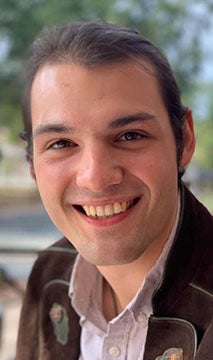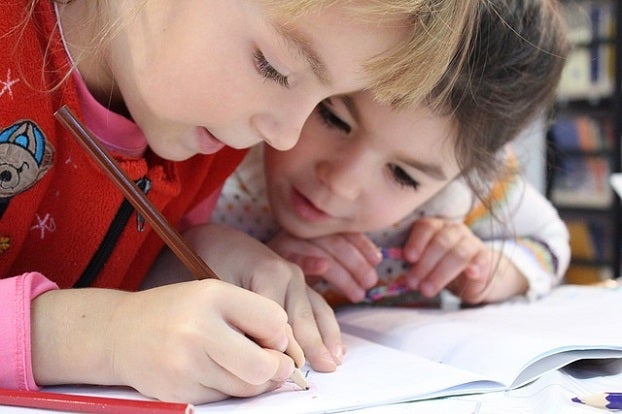Help your neighbor first
Published 6:30 am Friday, March 13, 2020
|
Getting your Trinity Audio player ready...
|
We all are familiar with guilt tripping ads that invade our private lives. The ads that show muddy hills held together by deforested stumps, house pets missing fur while shivering in a cold cage, and emaciated children from forgotten corners of the globe looking into the camera with deep-set pain in their dark, sunken eyes.
Many of these ads use our human inclination to help one another into pressing us to donate to organizations that don’t always transparently send those donations where they need to go. We all want to change the world for the better, and to make life more bearable for our brothers and sisters around us, so these large philanthropic organizations help fill our desire to be good people. Of course, most large and well known charities do help the world and the people they say they help, but it’s unlikely that a majority of every dollar donated reaches the person it was intended for. This money, while needed in many places of the world, is also very needed at home here in Virginia.

Thomas Dixon
As modern philosopher and former professor of psychology at University of Toronto, Jordan Peterson puts it, “How can you change the world if you can’t clean your room?” In this instance, it is to say, how can we help those outside our communities if we cannot help those within them?
While those around the world are hungry, impoverished, and in failing health, Virginians are too. We cannot ignore our own people. Being the wealthiest nation in the world does not always equate to being the wealthiest people in the world. By nurturing and strengthening our own communities, we can do a better job of strengthening others outside our communities, extending the love and building a sturdier base for communal support. I choose to do this through food.
Food has always been a key element in my life thanks to my southern upbringing and African mother. I’ve always been able to fill my stomach and never unwillingly go a day without food, but according to the Federation of Virginia Food Banks, 10.6% of Virginians are “food insecure.” This is just a fancy way of saying hungry. One out of 10 Virginians do not regularly know when they will have their next meal. I see these hungry faces weekly working at Mary’s Lil’ Food Pantry in Prince Edward County and interning at Delma’s Pantry in Cumberland Country. These are the people I believe I can help the most.
As a full-time student, it’s hard for me to donate generously and keep myself afloat financially. I do have some bits of time laying around here and there though. I spend a portion of it organizing cans of food on shelves and distributing them into bags going to those in need. Most jobs I’ve had I’ve been paid around $10 an hour. While I could buy $10’s worth of soup, I can sort, bag, and distribute 100 times that amount in an hour. This makes my time spent at the pantry more valuable than me donating the money I make working. For people with substantially higher income levels, their donation might be more efficient than volunteering their time. I wouldn’t be able to sort cans if there was nobody that donated money to buy cans for me to sort. Both methods of giving are equally needed to help others that are hungry. Any help done locally will always help more than any effort outside the community.
I’m not trying to say that donating to larger charities is bad. Large philanthropic organizations do help people all around the world in very positive ways, but small local organizations are more efficient and there are fewer middle men that skim small amounts off of every donated dollar. Organizations in Virginia such as FACES (Farmville Area Community Emergency Services) in Prince Edward County or Delma’s Food Pantry in Cumberland County are direct links to the local communities they serve.
FACES expands every dollar to five times its worth from its connection to the Central Virginia Food Bank. These two pantries, and other organizations like it, do the best to help their respective communities.
It’s hard to be motivated to give to charity if we never see any real change in our immediate environment. Starting small with our personal communities we can see change and feel that we as individuals are fully able to help our communities and make a change to something larger than ourselves. Before we can be able to help the world, we must know how to help ourselves. Let’s clean our rooms.
Thomas Dixon is a student at Longwood University and can be reached at Thomas.dixon@live.longwood.edu.





